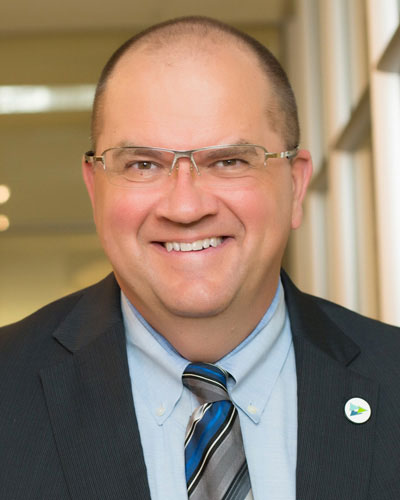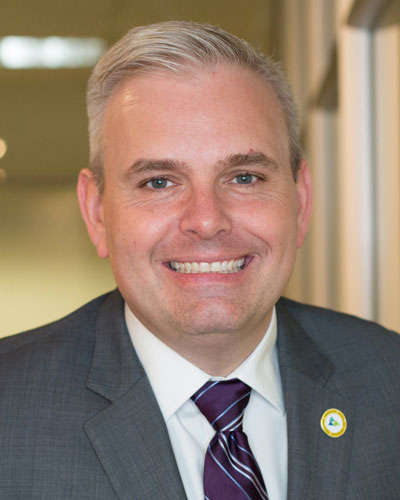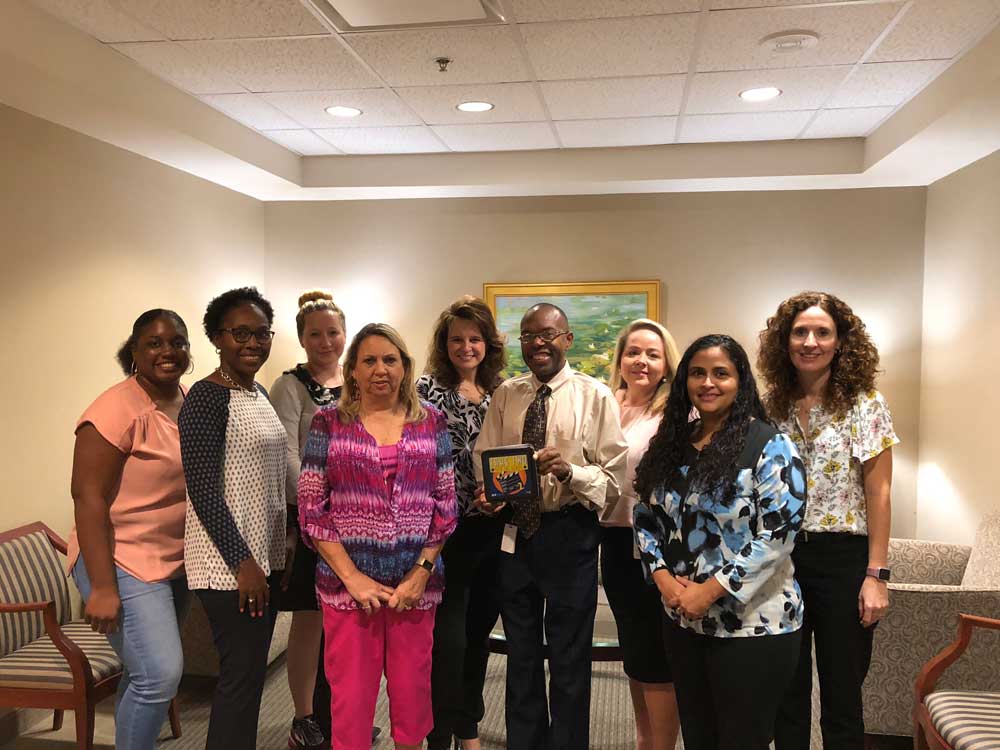The Importance of Building a Network During a Pandemic
June 25, 2020
Because of the pandemic, many South Carolinians have found there has been a shift in employment, opportunities and career growth. Business networking remains an important tool for working professionals, whether looking for a new job after losing one, staying updated with business trends or connecting for career advancement.
“Right now, it’s more important than ever for people to maintain their professional networks. The strength of your network, whether you’re in an employed situation or seeking a job, the more high-quality contacts that you have with businesspeople increase your odds of finding job opportunities,” says Bryan Derreberry, president and CEO of the Charleston Metro Chamber of Commerce.
Ask almost anyone and they will likely tell you how networking landed them a job. But building a professional network can be more than job hunting. It can also help business leaders in their daily work. Much of what the Charleston Chamber has been doing during the pandemic is connecting leaders to one another for resources, he says.
“The business network has never been more relevant than right now because there are scarcities across the community. That’s changed how the business network views itself,” he says.


Bryan Derreberry, CEO and president, and Adrian Cain, senior vice president for leadership and programs, with the Charleston Metro Chamber of Commerce offer some insight into building a reliable professional network today.
Network Now
These days, networking is more accessible with more online opportunities popping up each week, says Adrian Cain, senior vice president of leadership and programs with the Charleston Chamber.
“Sometimes senior-level executives are more accessible now than they ever have been before because they are working from home,” he says. A LinkedIn message or an email to an executive may be more successful now than it might have in the past.
Networking during the coronavirus may require some creativity but right now people are willing and open to helping others, he says.
Derreberry agrees that now is the perfect time for people to “lean in.”
“A stressful, dramatic situation can freeze people. If you are seeking a job or you are nervous about your job, what are you doing each day to increase your skills, your abilities and connections?” he says.
How to Network
It doesn’t take long to build that connection. You can get a lot done in 20 minutes via Zoom or Microsoft Teams, says Derreberry. Don’t want to use a video chat? Just use the phone.
LinkedIn continues to be one of the best places to get started building a career-focused network. Now is a good time to review your social media profiles to make sure what people find when they look for you online is appropriate and professional. It can also be a good time to expand your skills and show off what you have to offer through online platforms.
For example, you can use a platform like LinkedIn to share insights on your business interests with your connections. Whatever you do, make sure you make yourself stand out and use the digital platforms available to you to present yourself in new and different ways.
“Use this time to add to your professional portfolio; work on building professional development. This will lead to greater opportunities,” says Cain.
If you talk with someone on a virtual video call or attend a virtual event, follow up with those people afterward on a digital platform like LinkedIn or through email, Derreberry says.
"I think it’s almost part of the fabric of what makes the business world work today."
— Bryan Derreberry, CEO and president of Charleston Chamber
Where to Start
If you’re getting started with networking or looking to find professional connections for career opportunities, start close to home. Think about family, friends, neighbors, classmates or teachers. People who are in your personal circle can easily be added to your professional circle, Derreberry says.
Now is also a good time to reestablish relationships with connections from your past. Consider reaching out to former classmates from college or high school.
When you do decide to work on a network connection, make sure you are building a real connection, Derreberry says. Informal networking means supporting people in their personal lives consistently, not just when you need help professionally.
Cain says this is the difference between networking and building a network.
“If all you are into is collecting business cards then that’s networking, but if you are about building relationships that help you build your business or your career that change from one decade to another, from one career stage to another, then you’re building a lifelong network of people who are there to help you and you are there to help them,” Cain says.
To find people to build those connections, look for resources in your community like those offered by local chambers of commerce, other community organizations or professional groups.
The Charleston Chamber, for example, has had more than 58 webinars since March when all its programming moved online. With more online events planned in the coming months, there are plenty of opportunities for those looking to build professional networks right from their couches.
Keep it Up
One key thing to consider with networking is that it is always important. Maintaining a good professional network should always be on your radar, not just when you need it.
“You should be building a network of people for your life, building connective tissues so that you have that network for many years,” Derreberry says. “I think it’s almost part of the fabric of what makes the business world work today. I think it’s something you always maintain.”
Finding a new career or looking for advancement opportunities takes work. You’ll have to put in some effort to land a good job or find opportunities, Derreberry says.
“A lot of it comes down to your determination, to be with other people and put your best foot forward. You have to show that you are the person that an employer would want on their team,” he says. “There are a lot of job opportunities and people that will help you get into those possibilities.”
As times change and the methods to build connections increase, one thing that remains constant is the need to develop professional relationships.
“The important adages of personal relationships and working hard — we haven’t departed far from that today,” says Cain.
 BlueCross Leaders Offer Advice to 2020 Graduates
BlueCross Leaders Offer Advice to 2020 Graduates
Those graduating this year have worked hard for years to reach this point. Unexpectedly, the world has changed. To help this year’s graduates get a head start, a few of BlueCross BlueShield’s leaders wanted to share some advice.
Read More 10 Tips for Working from Home
10 Tips for Working from Home
With the global spread of COVID-19, many employees have been working from home. If you’ve never worked remotely, the prospect can be intimidating. Here are some tips to ease the transition.
Read More What Do Diversity, Inclusion Mean for BlueCross?
What Do Diversity, Inclusion Mean for BlueCross?
At BlueCross, maintaining a diverse and inclusive workplace is part of the company’s core values. A diversity and inclusion consultant offers some insight into how the company and its Human Resources department work to ensure its employees represent all the communities BlueCross serves.
Read More


















